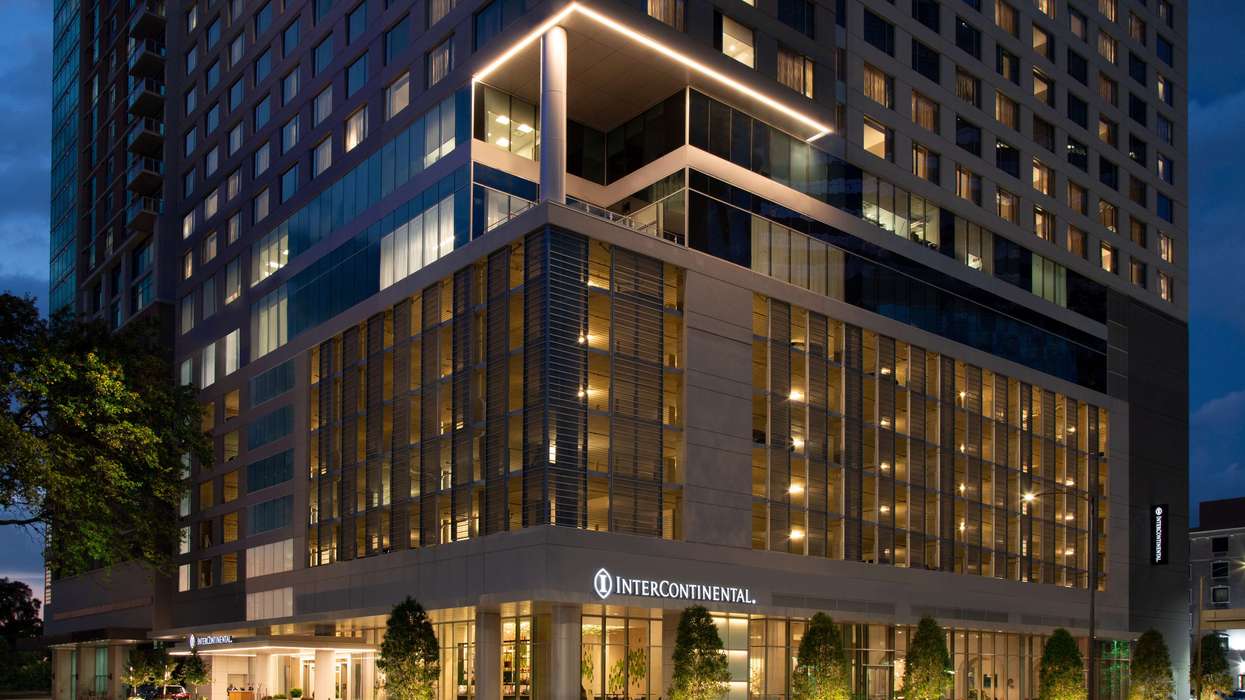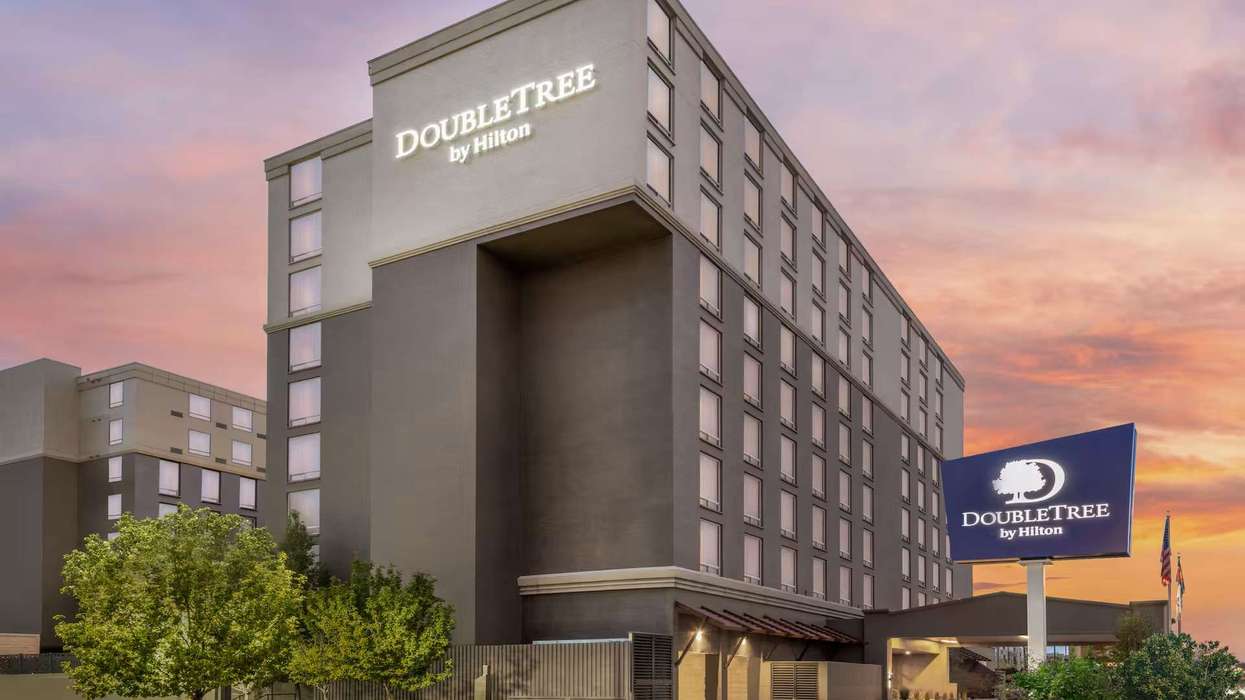DALLAS TAKES THE lead in top five U.S. hotel construction markets in the third quarter of 2023, setting a record with 189 projects and 21,840 rooms, according to Lodging Econometrics. The top markets all saw growth in new openings as well.
Atlanta follows closely with 140 projects and 17,775 Rooms, while Nashville comes next with 122 projects and 16,046 rooms. Phoenix recorded 119 projects, totaling 16,455 rooms, while the Inland Empire reported 117 projects comprising 11,784 rooms, according to the third quarter United States Construction Pipeline Trend Report by LE.
New York City leads with the highest number of projects under construction, totaling 46, and 8,386 rooms at the close of the third quarter, LE said. Phoenix follows with 26 projects and 5,353 rooms, followed closely by Atlanta with 26 projects and 4,354 rooms. Dallas trails with 25 projects and 3,178 rooms, and the Inland Empire with 23 projects and 2,386 rooms.
The report revealed Dallas as the leader in projects scheduled to commence within the next 12 months, with 80 projects and 9,021 rooms. Following closely are Atlanta with 60 projects and 7,311 rooms, Austin with 47 projects and 5,683 rooms, the Inland Empire with 47 projects and 4,668 rooms, and Los Angeles with 46 projects and 7,113 rooms.
Dallas also dominated in the early planning stage among the top five markets, with 84 projects totaling 9,641 rooms by the end of the third quarter. Following, Nashville has 59 projects with 7,176 rooms, Atlanta with 54 projects and 6,110 rooms, Los Angeles with 53 projects and 8,699 rooms, and Phoenix with 51 projects and 6,425 rooms.
Orlando leads with the highest number of new projects announced into the pipeline in the third quarter, totaling 10 projects and 2,217 rooms, LE added. Following, Phoenix has 9 projects and 1,457 rooms, Dallas with 9 projects and 1,003 rooms, Nashville with 8 projects and 900 rooms, and Atlanta with 8 projects and 782 rooms.
In the third quarter, the U.S. continues to see significant activity in the renovation and conversion pipeline, with 1,912 hotels, totaling 285,568 rooms, currently undergoing renovation or conversion. By the end of the quarter, forty of the top 50 U.S. markets have 10 or more hotels in this process. Meanwhile, Atlanta leads with the highest number of projects in this category, featuring 40 projects and 4,307 rooms in the pipeline.
The U.S. saw the opening of 345 new hotels in the first three quarters of 2023, providing a total of 41,115 rooms, LE said. Of these, 49 percent are located within the top 50 U.S. markets.
New York City leads with 14 hotels and 2,407 rooms, followed by Atlanta with 11 hotels and 1,108 rooms, Detroit with 10 hotels and 1,292 rooms, Houston with 8 hotels and 1,154 rooms, and Austin with 8 hotels and 1,001 rooms in new openings through the third quarter.
In 2023, the U.S. markets projected to open the highest number of new hotels are New York City with 30 projects, totaling 5,706 rooms. Following closely are Houston with 13 projects and 1,660 rooms, Atlanta with 13 projects and 1,279 rooms, the Inland Empire with 13 projects and 1,141 rooms, and Dallas with 11 projects and 1,775 rooms.
Over the past three years, New York City consistently led in annual hotel openings, and this trend is projected to continue through the end of 2024. However, in 2025, LE analysts anticipate Atlanta to outpace NYC, with 24 new hotels and 2,874 rooms slated to open by year-end.
In a previous report, LE said that the U.S. hotel construction pipeline expanded in the third quarter, with a 7 percent year-over-year increase in both projects and rooms. The current project count is 3 percent below the all-time high of 5,883 projects and 785,547 rooms in the second quarter of 2008.






